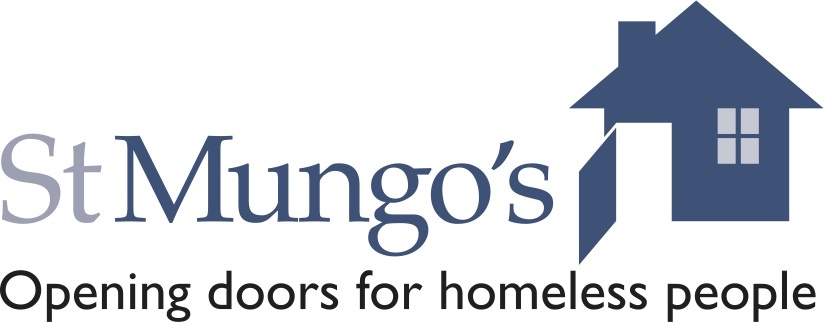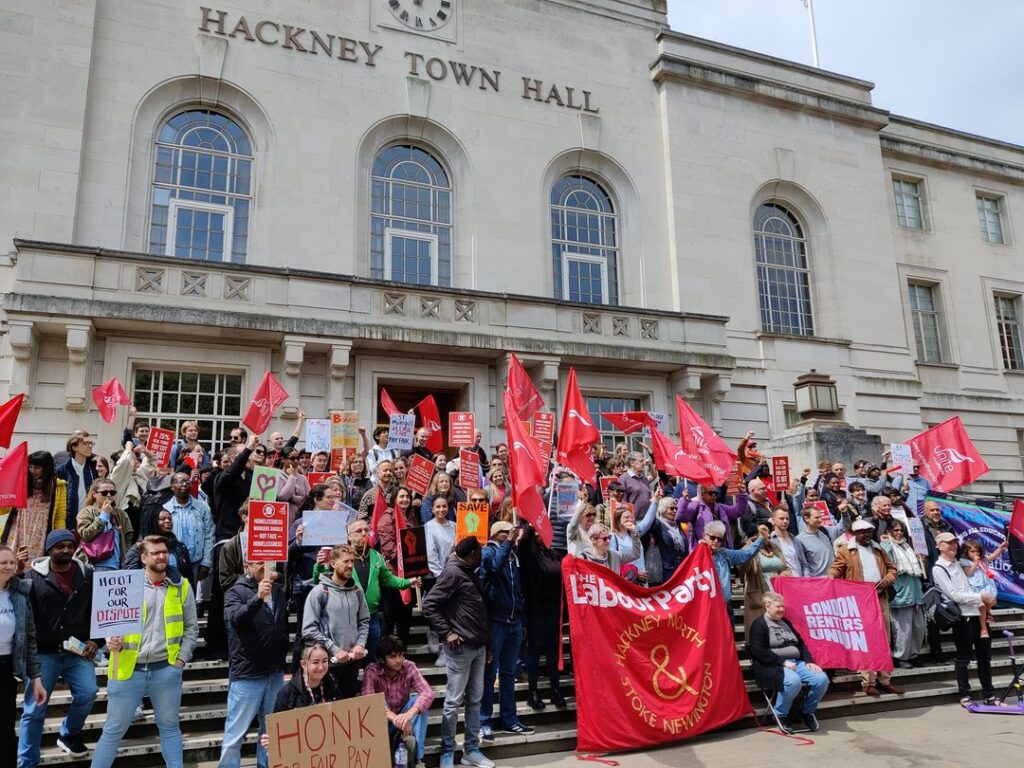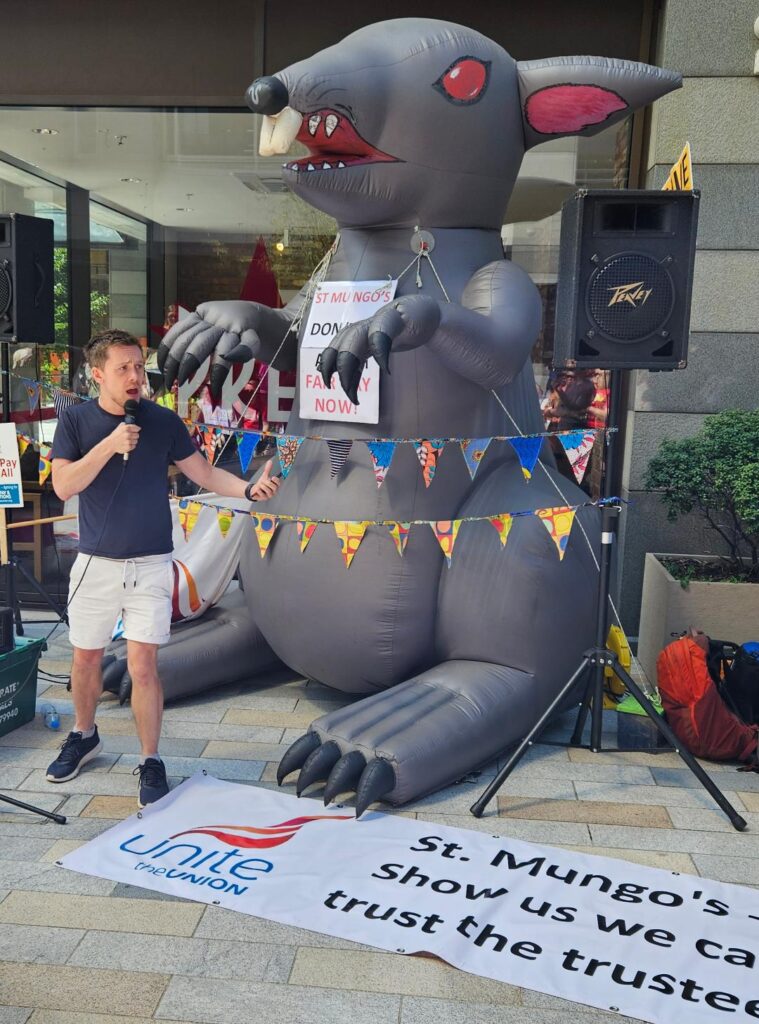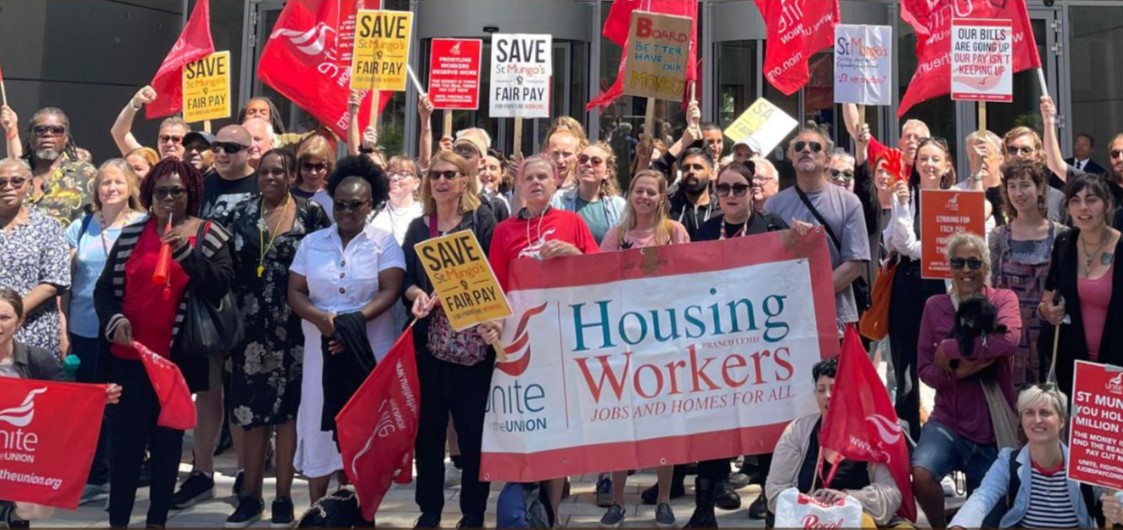Ray Goodspeed spoke to a UNITE union activist at St. Mungo’s about the recent pay deal and other issues in their all-out strike which, amazingly, lasted almost three months. What is next for union activists in the sector?
St Mungo’s is a charity dealing with homeless people, particularly rough sleepers with a variety of particular support needs.
“SM” are not the worker’s real initials. The fact that they needed to remain anonymous tells its own story!
***
RG – So how are St Mungo’s staff feeling after the recent pay rise deal?
SM – It’s interesting. As we have been on full time strike for so long, we are all happy to be back because we do care about the clients a lot and we have all been very worried about how our clients are doing. So in that sense, it’s good to be back. However it IS very disappointing that we did not gain nearly enough to really change anything. And even people who were not on strike are disappointed at way the St Mungo’s Head Office has managed this crisis – the way we have been featured as having no value and that our work doesn’t really matter. So there is a sense of relief but also of disappointment.
RG – Are you happy or unhappy with the deal? What was it that you wanted?
SM – Okay – so the deal in the end is going to be £1,200 a year – so that’s just £100 more a month, which makes no difference in anyone’s life – let’s be honest. For me personally, I went on strike because the turnover of staff is so high. The client starts to develop a relationship with someone – and such relationships are very important – but then this person leaves because it really isn’t worth staying for the amount they are paying.
People are either poached by a different employer or they just leave to do anything else because they can earn the same or more in jobs with much less trauma and stress and all the things we have to deal with. So my big thing was that we needed to earn a decent wage so people will stay for longer.
RG – The wage increase in the end was said to be 10% – approximately. Is that a lot less than what you really wanted?
SM – It wasn’t 10%. This is a massive spin that has been put on it because in that 10% they count a little bonus that we got last year after Covid for being frontline workers – about £700 – plus the annual pay award from the National Joint council (NJC) [the pay scale for our sector] which is going to be paid to everyone in our homelessness employment sector regardless. It’s not specific to us. Then we are getting three more days of annual leave each year so they included the money value of that.

So there is a lot of massaging of numbers to get to the 10% figure. In reality, because it’s a flat rate increase, the percentage increase will depend on how much you are paid. For the lowest paid staff, in reality, it will be about 3.5%. It doesn’t get to 4% for anyone.
RG – The outcome of the strike has been certainly been presented throughout the movement as a victory and it has been widely welcomed.
SM – And that’s crazy. People from a lot of other agencies say “Oh, congratulations. I’m so happy that you got what you needed!” That’s not true, but that is how it’s been publicised. Of course the union [UNITE] would present it as a victory but to be honest the union has let us down.
RG – Did workers vote to go back to work and accept the deal?
SM – They did. However, after three months on strike, it was just 52% for going back to work. So it was not a landslide, by any means.
RG – Can you say what it was like to stay on strike and be so resolute for so long? What did it feel like to go through that?
SM – It was an amazing experience. It was a great opportunity to get to know a lot of like-minded people. They work for St Mungo’s and they really are passionate about making a difference for our clients and about our system. We would never have had the opportunity to get to know each other because we work in different sections. Solidarity has been amazing. We did learn a lot from the strike and from the first few weeks until the end we took ownership of the process. We made it ours – all of us who were involved. We found our voice as a group and as individuals. I am really glad that we had that experience.
RG – Were you a union activist before the strike, or did you get involved because of it? What role did you play?
SM – I actually joined the union just before the strike because I was very pro-strike. So, for me this was a great experience because it is my first time being in a very cohesive group of people. So I ended up working a lot on the strike, having a voice, organising a lot of things, fighting for changes in how the strike was run.

RG – Were you a rep during the strike?
SM – I am currently standing to be a rep – we could not elect reps during the strike. I was one of the members who would attend reps’ meetings and I was very active in trying to make sure that the membership was heard and the reps were held accountable. We are having elections for reps now.
RG – Did you see a big increase in members getting involved in the union?
SM – Massive! I am not sure of exact numbers, but I think we had 300 members before the strike and at the end we had 800 across the board. What I did notice was an increase in members of those in minorities or migrants who may not have come from the same culture of being organised in this way or they are more impoverished or work longer hours – these people have become much more interested – much more involved in the union.
We are having conversations, even though the strike is over, about planning to carry on organising the whole sector and to push for structural changes, for less inequality, for more justice. People seem to be quite excited about this idea and I think we are all more political and more involved and engaged. That’s a very positive aspect.
RG – What do you think you learnt most during the strike?
SM – I think one very important thing I learnt was how meaningful it is for the members to take leadership and not just rely on others. I do feel we went through a trajectory from a general membership who were very reliant on reps who kind of led us to a certain point, but then we learnt to take responsibility and do things for ourselves.
Many times we were just members organising events, organising fundraising, organising pickets and everything without having to rely on reps and we started really to have more of a say. A lot more people were active in meetings. If I had advice for someone going on strike now, it would be to take ownership. The union really does belong to the members. They run the services every day . They are the ones who know what the services need.

RG – And yet despite the workers taking a lead, as you say, you don’t think the deal in the end was very good?
SM – It really wasn’t. I feel that the union did not support us in the way we deserved because there were a few reps and officials who were very much trying for a while to end the strike and we had to resist this, because the majority of the active membership was very keen to carry on and to fight for a better deal.
But in the end, I feel like they went behind our backs in a sense, and made some decisions and some recommendations that ended up with this deal because a lot of people are members but are not very active in taking part in meetings. They were getting communications from the reps and officials and from the central UNITE. Those are the only things people were receiving.
RG – So you think there was a split between the active strikers and the more passive “stay-at-home” strikers?
SM – Yes – absolutely. And that is a problem because reps control the flow of information because they have access to everyone’s emails. At points, I felt like the voices of the active people on strike were not being heard by the majority of the membership. A very biased opinion was being put across.
RG – So a lesson, I suppose, would be to improve communication between the activists in a strike and other members who are on strike but stay at home.
SM – Yes, I think that is very important. A lot of people became very passionate and became kind of frustrated with people who were not striking full-time, or were staying at home and not being so active – so there was a bit of antagonism there as well. I think it is important that we are reminded that we are still teams and we are still fighting for our clients and for the system, so this shouldn’t be a divide between us because our rift is not with our colleagues but with the management.
RG – OK, so what do you see happening in the future? How is all this going to be taken forward?
SM – Well, next week we are going to hold a workers’ summit where we are going to speak about our experiences in the strike. We are going to discuss with other workers. So we plan to stay organised, to stay united. We need more reps. We have managed this. We need ten more reps to be voted on to the rep scheme.
We plan to keep pushing for change in St Mungo’s and in the wider sector so we are making those connections. We will hopefully have a big march that will involve vast numbers of people from the homelessness sector to fight for better conditions and to keep this going, keep the pressure on.



